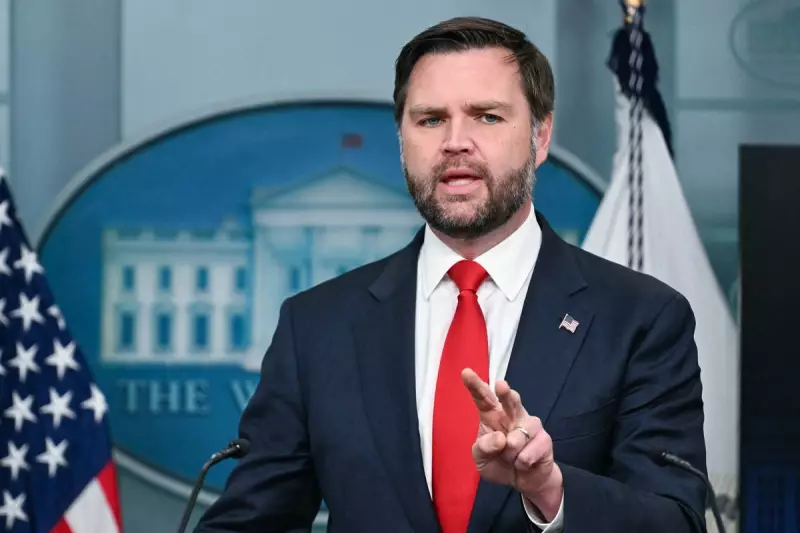
Growing unease is spreading through conservative ranks as former President Donald Trump escalates his use of divisive rhetoric and cultivates relationships with controversial far-right figures. The situation has reached a tipping point that's forcing even his staunchest allies to confront uncomfortable questions about the direction of their movement.
Conservative Voices Raise Alarm
Prominent conservative commentators and politicians are speaking out with unprecedented candour about their concerns. Trump's recent behaviour, including sharing content from white nationalist sources and making inflammatory remarks about Jewish Americans and immigrants, has created what some describe as a "crisis of conscience" within the Republican party.
One conservative talk radio host expressed the sentiment many are feeling: "There's a growing discomfort with the embrace of elements that we have traditionally rejected." This internal conflict highlights the deepening divide between traditional conservative values and the more extreme elements that have gained prominence in recent years.
The Charlie Kirk Controversy
At the centre of the storm stands Charlie Kirk, founder of Turning Point USA, who finds himself defending his organisation against allegations of harbouring white nationalist sympathies. Kirk recently appeared on NBC's "Meet the Press" where he faced tough questioning about his group's direction and associations.
Despite Kirk's vehement denials, critics point to numerous instances where Turning Point USA has platformed individuals with known extremist views. The organisation's increasingly strident tone and controversial statements from its leadership have raised eyebrows even among conservative circles.
Trump's Escalating Rhetoric
The former president's recent behaviour has done little to calm concerns. His social media posts have included content directly from white nationalist sources, while his public statements have ventured into territory that many find alarming. Particularly concerning to some Jewish Republicans are his comments suggesting Jewish Americans should "be ashamed" of themselves if they support Democrats.
This pattern of behaviour represents a significant escalation from Trump's previous rhetoric and has left many conservatives wondering where the line will be drawn. As one concerned Republican strategist noted, "We're navigating uncharted waters when it comes to what's considered acceptable discourse."
2024 Implications
With another presidential election looming, these internal conflicts take on added significance. The struggle for the soul of the conservative movement could have profound implications for Trump's electoral prospects and the future direction of the Republican party.
Many are watching closely to see whether traditional conservative voices will push back more forcefully or whether the party will continue its drift toward more extreme positions. The outcome of this internal struggle may well determine not just who leads the Republican party, but what it stands for in the years to come.





